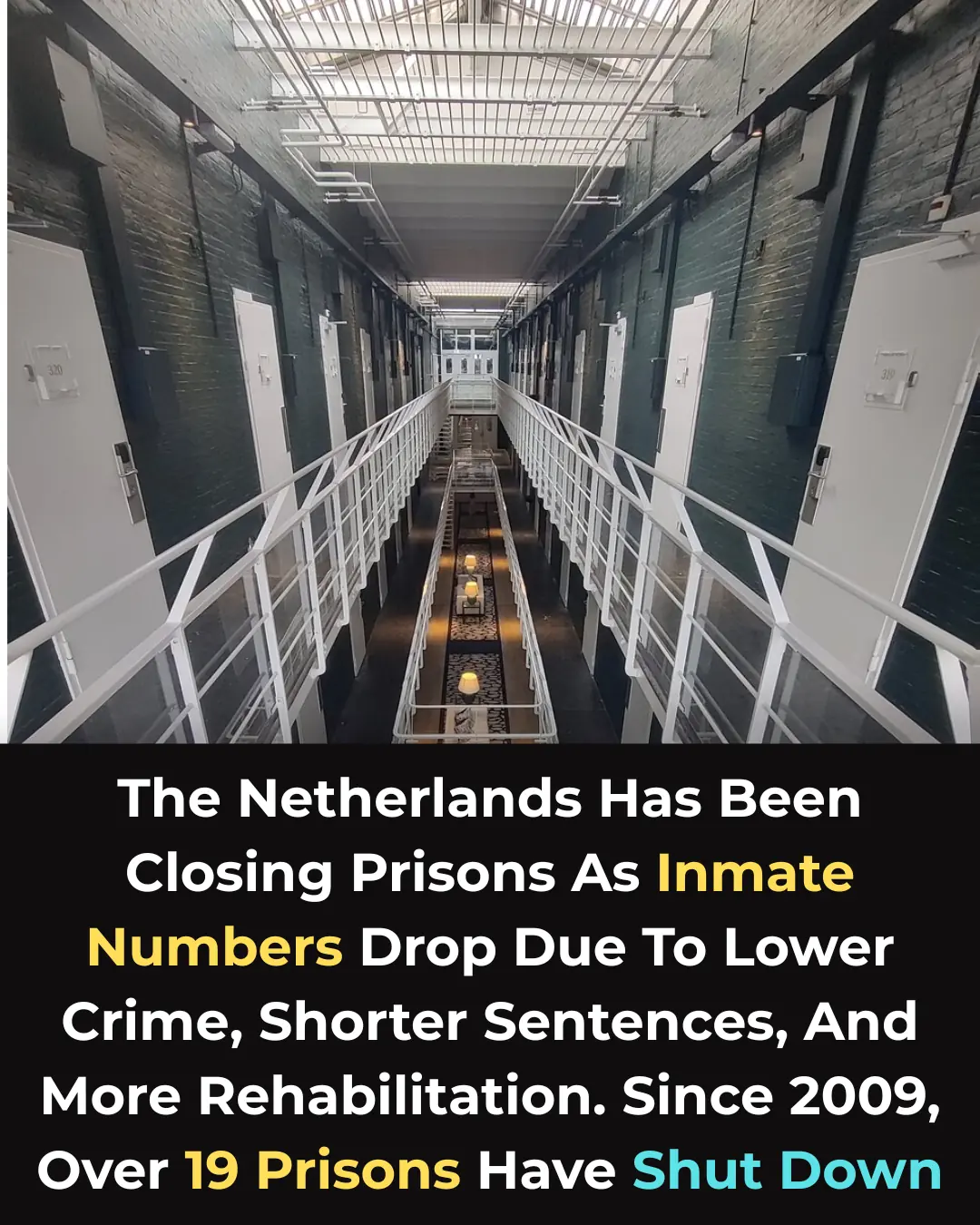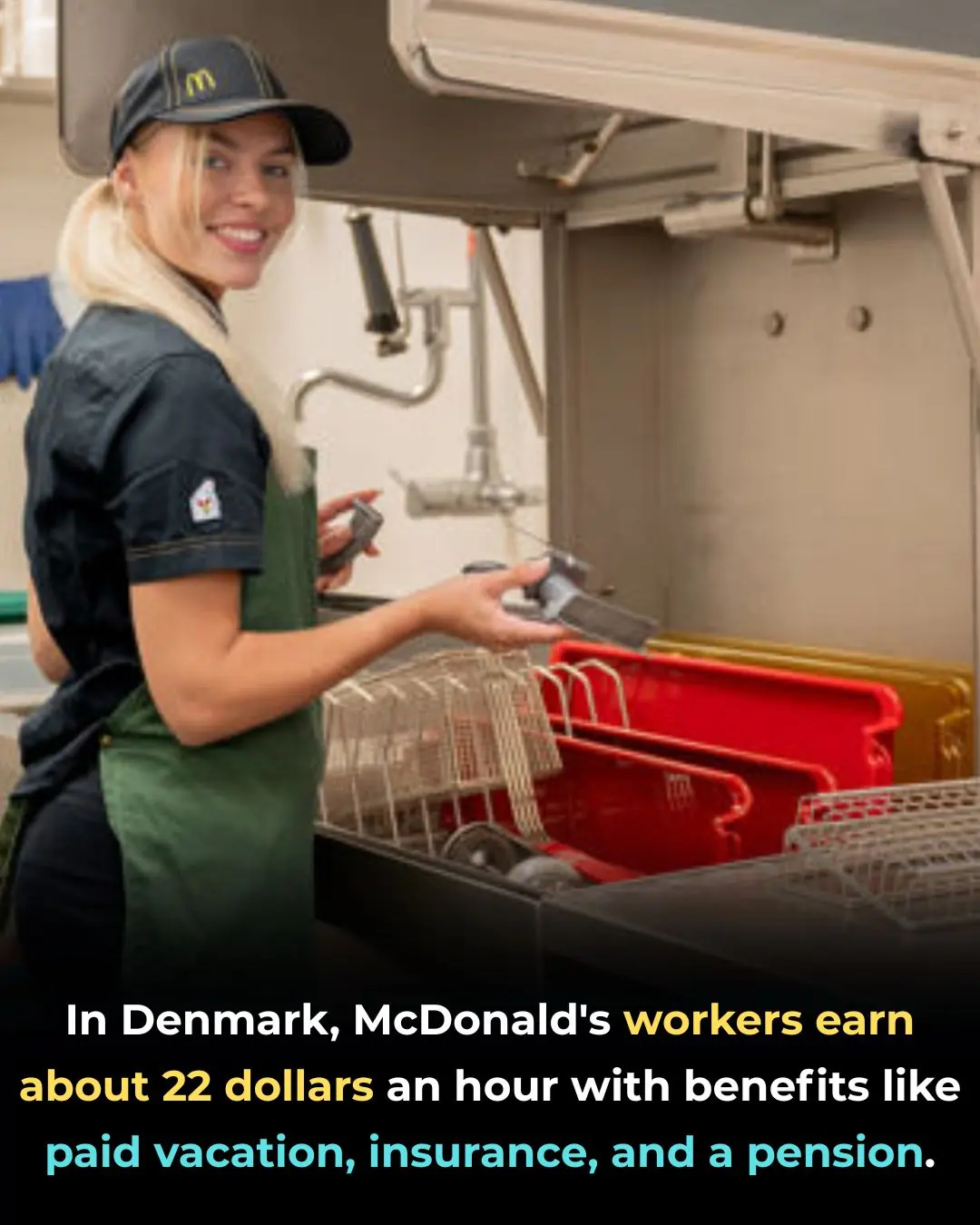
Innovative Mobility: Denmark’s Mobile Markets Enhancing Food Access for Seniors
In Denmark, a creative and community-focused initiative known as Den Rullende Købmand (The Rolling Grocer) has introduced an innovative approach to supporting rural populations by converting decommissioned vehicles into fully functional mobile grocery stores. Rather than letting retired buses fall into disuse, the program repurposes them to deliver essential goods directly to residents who face barriers in accessing traditional retail options.
These mobile shops primarily assist elderly individuals living in remote or sparsely populated regions, where the nearest supermarket may be several kilometers away. Limited public transportation, reduced mobility, and Denmark’s long winter season often make regular shopping trips challenging. According to the Organisation for Economic Co-operation and Development (OECD), rural aging and declining service availability are increasing concerns across Nordic countries, highlighting the need for flexible, community-based solutions (OECD, 2023).
Each bus is carefully adapted to ensure comfort, accessibility, and safety for older adults. Typical features include wheelchair-friendly ramps, interior heating systems to maintain a stable temperature during cold months, and organized shelving designed for easy reach. The inventory frequently includes fresh, locally sourced produce, dairy items, bread, and daily household necessities, supporting both nutritional needs and regional agriculture. The emphasis on local goods aligns with Denmark’s broader commitment to sustainable food systems and short-supply-chain models, as reflected in national agricultural strategies (Ministry of Food, Agriculture and Fisheries of Denmark, 2022).
The concept was initially supported by Dagrofa, one of Denmark’s major retail groups, in close collaboration with local municipalities. Their shared objective is to reduce social isolation, improve food accessibility, and enable residents to age in place—a strategy also endorsed by the World Health Organization (WHO) as a key component of age-friendly communities (WHO, 2021). Beyond providing groceries, the buses often serve as informal social hubs where neighbors meet, strengthening community bonds and offering regular personal contact for those who may otherwise experience loneliness.
As of recent reports, several mobile grocery buses remain operational in different regions and continue to receive positive feedback from residents and local officials. Evaluations indicate improvements not only in access to nutritious food but also in overall well-being and independence among older adults. The initiative has drawn increasing interest from researchers, social policy experts, and urban-rural planners, who view it as a practical model for sustainable rural development. Studies on mobile service delivery—such as those published by the Nordic Council of Ministers—suggest that adaptable, place-based solutions like Den Rullende Købmand may help rural communities remain resilient despite demographic and economic shifts.
By combining environmental responsibility, social inclusion, and everyday practicality, Den Rullende Købmand represents more than a convenient shopping option. It stands as a meaningful example of how thoughtful design and public-private cooperation can address the evolving needs of an aging population while preserving the vitality of rural life in Denmark.
News in the same category


The Curious Story Behind "Ancient Lights" in UK Property Law

California’s Solar-Canal Initiative: A Game-Changer for Clean Energy and Water Conservation

Nevada Teen Shows Extraordinary Love, Buys Mom a Chevrolet Metro

The Greenland Shark: A Creature That May Have Lived Through the 1600s

Steve Ballmer’s $170 Million Annual Commitment to Early Childhood Education in Washington State

Why Germany’s Animal Shelters Are Virtually “No‑Kill” — And How the Law Makes It So

Steven Pruitt and the Power of Volunteer Knowledge

Frisson: The Science and Sensation of Goosebumps from Music and Art

A Ride for Hope: How One Afghan Father Is Transforming His Daughters’ Future

When Life Begins With a Flash: Understanding the Zinc Spark Phenomenon

From Endangerment to Recovery: The Remarkable Journey of the Haleakalā Silversword

Closing Prisons, Strengthening Communities: The Netherlands’ Remarkable Shift

The Quiet Billionaire: How Epic Systems’ Founder Is Donating Nearly All Her Wealth

Utqiaġvik’s Polar Night: Sixty-Seven Days Without a Sunrise in Alaska’s Northernmost City

A Remarkable Encounter: How a Sparrow’s Nest Was Left Standing Amid 200 Fallen Plants

Revolutionary Miniature Implant Offers New Hope for Restoring Vision in Macular Degeneration Patients

A Simple Superfood That Enhances Your Baby's Brain Development During Pregnancy
News Post

Doctor says this is the #1 supplement to take if you have arthritis

Why Your Legs Cramp At Night And How To Stop It From Happening

What happens when you start eating chia seeds every day

The Plant That Kills Cancer Cells, Stops Diabetes And Boosts Your Immune System!

How to treat nerve pain in the foot, toes & legs

Headache Above or Behind the Left Eye: Causes and Treatments

5 Deficiencies Almost Everyone Has (And Doesn’t Know About)

Eggs and Coffee: A Surprisingly Powerful Breakfast Combination

Boost Your Immune System Year-Round with Garlic, Onion, and Lemon

Fig Sap (Ficus carica): Uses, Benefits, and Safety Considerations

Billionaire Judy Faulkner, 82, Commits to Giving Away 99% of Her $7.8B Fortune

The Curious Story Behind "Ancient Lights" in UK Property Law

From Precarious to Prosperous: Denmark’s Approach to Entry-Level Jobs

California’s Solar-Canal Initiative: A Game-Changer for Clean Energy and Water Conservation

Nevada Teen Shows Extraordinary Love, Buys Mom a Chevrolet Metro

The Greenland Shark: A Creature That May Have Lived Through the 1600s

Steve Ballmer’s $170 Million Annual Commitment to Early Childhood Education in Washington State

Why Germany’s Animal Shelters Are Virtually “No‑Kill” — And How the Law Makes It So

Steven Pruitt and the Power of Volunteer Knowledge
